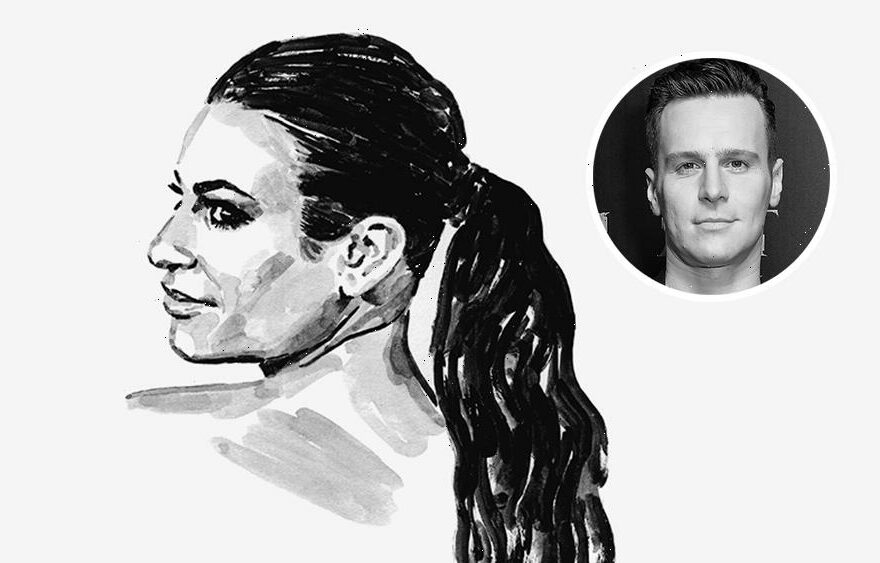Lea Michele and I met 17 years ago, at the audition that led us to playing opposite each other in “Spring Awakening.” I was from the farmlands of Lancaster, Penn., and Lea was this tough kid from the Bronx. She already had three Broadway credits to her name, while I was inexperienced, closeted and scared of her. At 18, she was sharp, funny, frank and saw everything.
Lea told me that before she found success on the stage, she and her family were scraping by. Her mom was a nurse, and her dad worked at the family deli in the Bronx. The morning they got the call that Lea, then 8, would be making her Broadway debut in “Les Misérables,” she spent the day bagging food at the register. This was 1995, and her grandfather, Porky, was still in prison for his ties to the Gambino crime family. Lea would visit him once a month on her days off from the theater. Learning how to deal with that complexity, combined with her success as a child actor, turned Lea into the force that I fell in love with in our early years.
By the time I met Lea, in 2005, she was a bona fide Broadway actress and still very much a New Yorker. She taught me about Zabar’s, got me really drunk for the first time at Peter McManus and improved my vocabulary with words like “bashert.” Lea was New York to me. After our time together in “Spring Awakening,” Lea ascended to fame with the success of “Glee,” and left the city.
Her return to Broadway 13 years later has been triumphant. When her undeniable star power lit up the stage in “Funny Girl” last month, the musical became the fifth-highest-grossing show on Broadway. By bringing big business back to Broadway, Lea isn’t just making audiences happy, she’s helping support the restaurants and hotels that thrive when Broadway draws a huge crowd.
But it’s not a one-way street. By welcoming her back to Broadway, New York is giving Lea the power to reconnect with her truest self. The power of New York finally brought her home.
Read More About:
Source: Read Full Article
